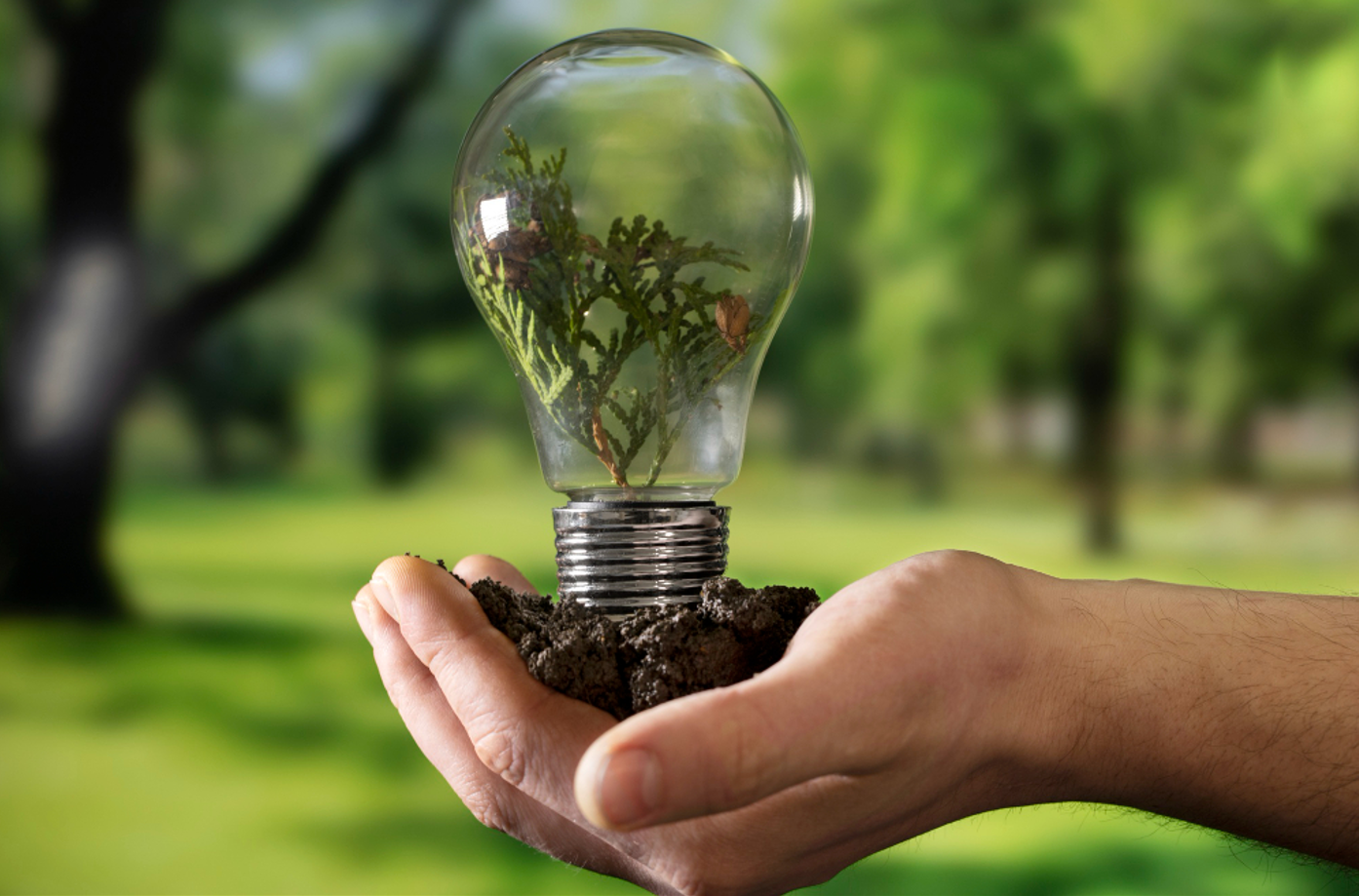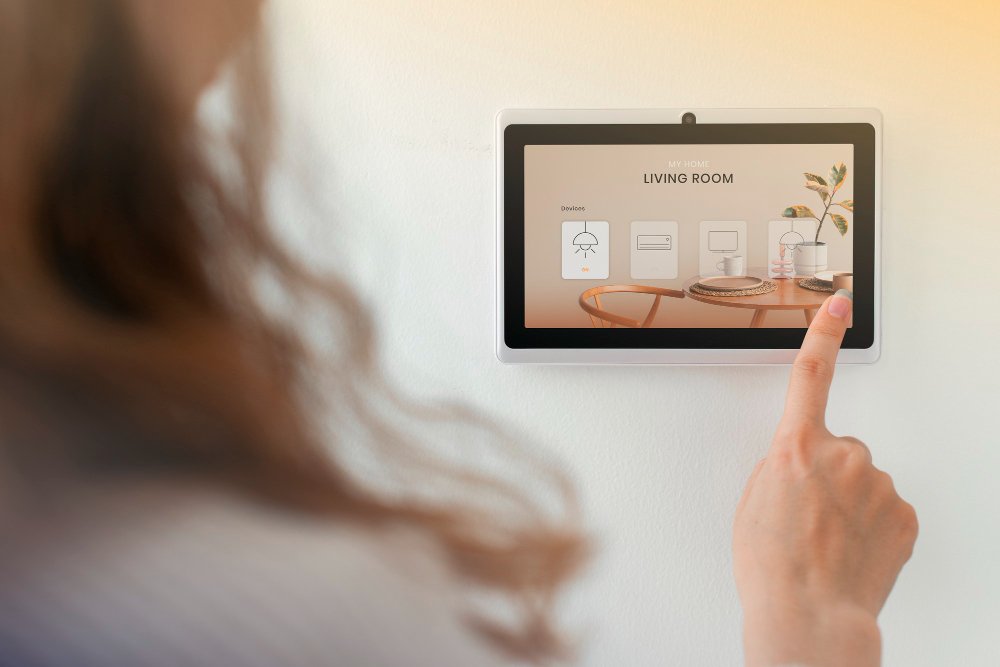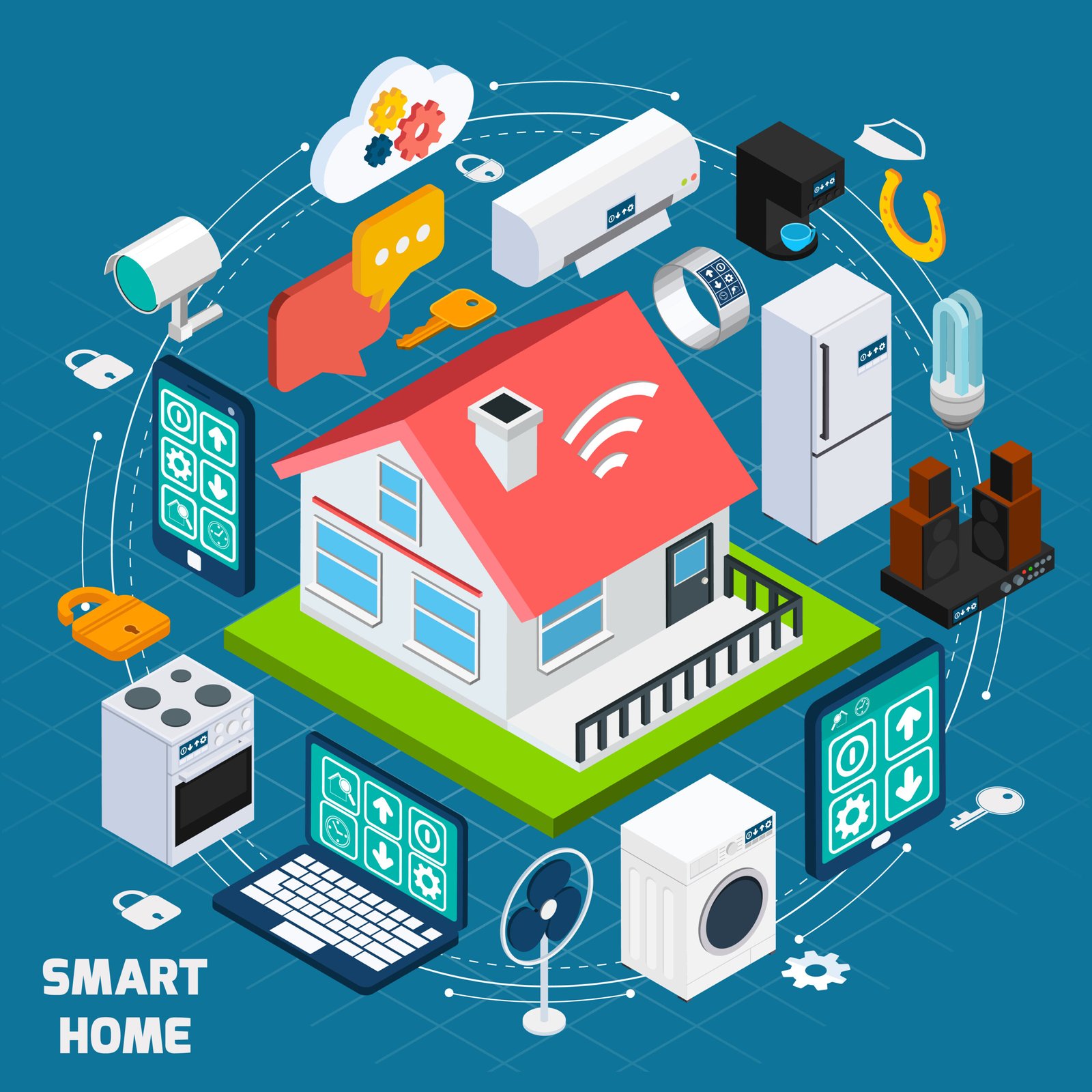How Smart Homes reduce Energy Waste
Smart homes manage electricity waste through automated systems that monitor energy consumption, optimize appliance usage, and allow for remote control and scheduling, ultimately leading to reduced energy consumption and lower electricity bills.

In this Blog, we will breakdown how Smart Homes manage electricity waste using topologies like Real-Time Monitoring & Control, Optimization and Integration with Renewable Energy Sources.
Real-Time Monitoring and Control

1. Smart Meters and Sensors
Smart homes use smart meters and sensors to track energy consumption in real-time, allowing homeowners to identify areas where energy is being wasted.
2. Remote Control and Scheduling
Smart devices, like smart plugs and thermostats, can be controlled remotely via apps or voice commands, allowing users to turn off appliances or adjust settings from anywhere.
3. Automated Systems
Smart home systems can be programmed to automatically adjust lighting, heating, and cooling based on occupancy, time of day, and other factors, optimizing energy usage.
Optimizing Appliance Usage

1. Smart Lighting
Smart lighting systems allow for dimming, scheduling, and motion-sensor control, ensuring lights are only on when needed.
2. Smart Thermostats
Smart thermostats learn user preferences and adjust heating and cooling settings accordingly, reducing energy waste and optimizing comfort.
3. Smart Plugs
Smart plugs allow for precise control over appliance power, enabling users to turn off standby devices or set schedules for appliance usage.
4. Energy-Efficient Appliances
Smart homes often incorporate energy-efficient appliances, which consume less energy than traditional models
Integrating Renewable Energy Sources

1. Solar Panels and Energy Storage
Smart homes can integrate solar panels and energy storage systems, allowing homeowners to harness renewable energy and reduce reliance on the grid.
2. Smart Energy Management Systems
These systems prioritize energy from renewable sources, such as solar panels, and shift loads to times when energy is cheaper or more abundant.
Benefits of Smart Home Energy Management

1. Reduced Energy Consumption
Smart home technologies can lead to a significant reduction in energy consumption, potentially by 30-40% or more.
2. Lower Electricity Bills
By optimizing energy usage, smart homes can help homeowners save money on their electricity bills.
3. Increased Comfort and Convenience
Smart home systems can also enhance comfort and convenience, allowing homeowners to control their home environment from anywhere.
4. Environmental Benefits
Reduced energy consumption translates to a smaller carbon footprint and a more sustainable home.
Rounding up
Smart Homes revolutionize energy management by leveraging automation, real-time monitoring, and renewable energy integration to minimize electricity waste. Through smart meters, sensors, and devices like thermostats and plugs, homeowners gain unprecedented control over energy consumption, enabling them to optimize usage, reduce vampire energy drain, thereby lowering bills.
Renewable energy systems, such as solar panels paired with smart energy management, further amplify sustainability by prioritizing clean energy. The result is a trifecta of benefits: cost savings (up to 30-40% reduction in energy use), enhanced comfort , and a smaller environmental footprint.
At Tech Munk, we are committed to a greener tomorrow by helping everyone to minimize Carbon footprint. Check out our Home Security and Automation page and get in touch today.
Related Blogs
“The Role of Smart Thermostats in Energy Efficiency”
Explore how smart thermostats learn user habits to cut heating/cooling waste. Read more
“Smart Plugs vs. Traditional Outlets: Which Saves more Energy?”
Compare smart plugs to conventional methods for reducing standby power. Read more
How Automation Reduces your Carbon Footprint”
Learn how automated lighting and HVAC systems contribute to sustainability. Read more





